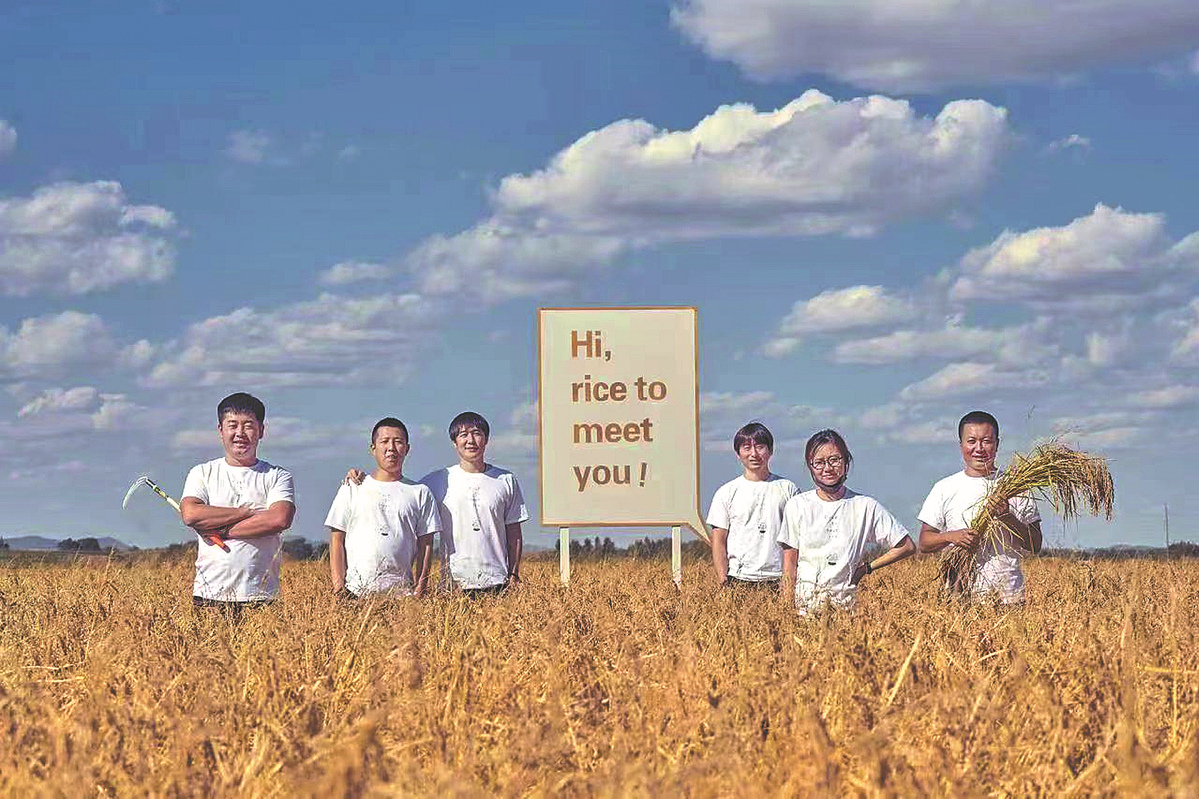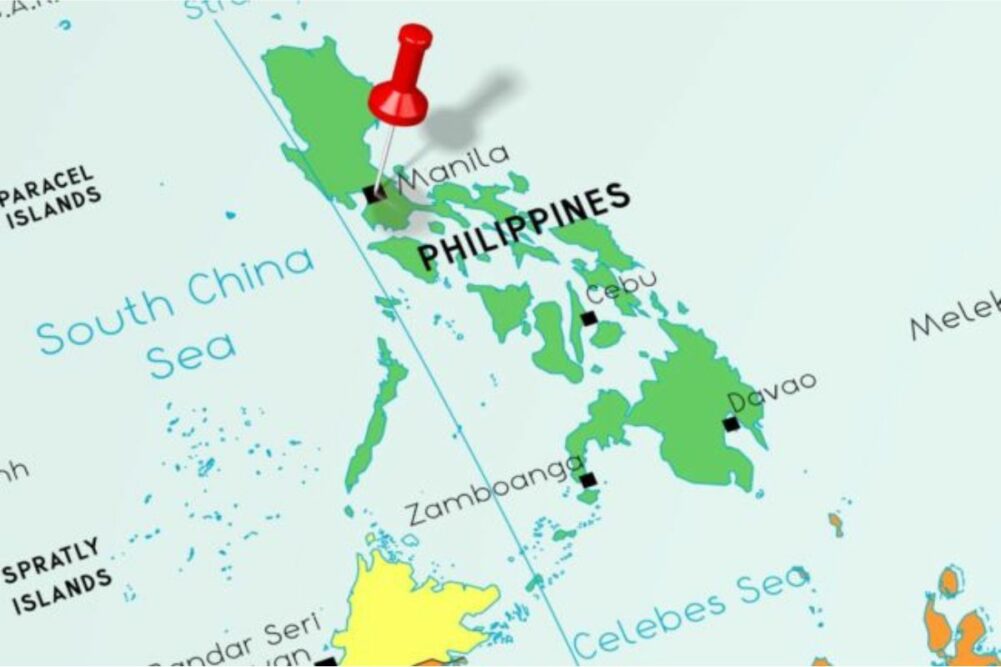Tags
Jilin man gives up his Brazilian firm for rice.

Since 2016, when Cao Xi returned from Brazil to his home in the city of Jilin, Jilin province, he has been working to develop his business and help fellow residents prosper.
The 34-year-old was admitted to the finance department of Xiamen University in Fujian province in 2007 and continued his studies at the University of Edinburgh in Scotland after graduating in 2011.
After obtaining his master’s degree in 2012, he started a successful international trade business in Brazil.
He returned home in 2016 to visit his family and stayed for several months to care for his grandfather, who had fallen ill.
“It was also an opportunity to spend more time with my childhood friends,” he said. “I was really happy to be able to be together with my family and friends.”
At the same time, Cao saw that agriculture and rural tourism in Jilin were thriving as a result of the country’s rural vitalization efforts. “I felt I could take advantage of more opportunities and had a greater chance to develop if I came home to stay,” he said.
So Cao started a business in his hometown.
With 5 million yuan ($722,000), he and three friends set up the Yitian Ecological Agriculture Technology Co, an organic rice planting cooperative in Dasuihe village, in early 2017. They rented 300 hectares of farmland to grow rice.
“We chose to plant rice in Dasuihe because it has fertile farmland and convenient transportation to the city,” he said.
At first, his parents didn’t support his decision.
“At the time, I had finished immigration proceedings in Brazil,” he said. “They thought that I should make my life where I had achieved success, as I had been to college and lived overseas. Working in agriculture wasn’t the modern solution.”
Eventually, Cao convinced them that he was doing the right thing. “I explained the favorable national policies that are encouraging the development of new agriculture, which may bring huge business opportunities,” he said. “Additionally, I want to help the villagers earn more money.”
Cao grew up in the city but has lots of relatives living in rural areas, so he has many memories related to farming.
“However, I had difficulties at first because I didn’t have much professional agricultural knowledge or experience,” he said.
He spent time learning about agriculture, especially about rice planting, such as how to improve the quality of crops.
His company cooperated closely with several local agriculture research institutes and colleges, focusing on technological development. They developed their own take on integrated rice growing, which involves raising ducks, crabs and fish in paddy fields, that can help organic rice grow in an eco-friendly fashion.
“Agriculture is ancient, but agricultural technology and business models are constantly changing,” he said. “I can combine my financial knowledge with traditional agriculture and contribute to the development of agriculture.”
Cao turned to mechanization and intelligent planting.
“Now, our 300 hectares of farmland only need 100 farmers for centralized planting. In the past, that same amount of land would have been worked by more than 2,000 people,” he said. “The annual income for every household has increased by 20,000 yuan.”
To attract more customers, Cao and his team turned to make sales through a variety of channels, including livestreaming, e-commerce platforms and group customization.
“Environmentally friendly agriculture is fundamentally different from traditional agriculture, so we need to pay more attention to individuality and branding,” he said. “To package the rice, for instance, we chose kraft paper decorated with farm scenes, which has been well received.”
In 2019, the company rebuilt some farmhouses around the village and developed a rural tourism project.
Covering an area of 60,000 square meters and with an investment of 8 million yuan, it includes traditional residences serving as homestays, fish and lotus ponds, an art theater, an agricultural products exhibition center, a professional rural-style video shooting venue, a plum wine production area and a storage cellar.
“With support from local governments, we hope to create a leading rice brand in the province,” he said. “At the same time, through the rural tourism project, we can integrate resources to create a rural tourism alliance that will lead more farmers down the path of wealth.”
https://www.chinadaily.com.cn/a/202306/07/WS647fd175a31033ad3f7bad74.htmlPublished Date: June 7, 2023






